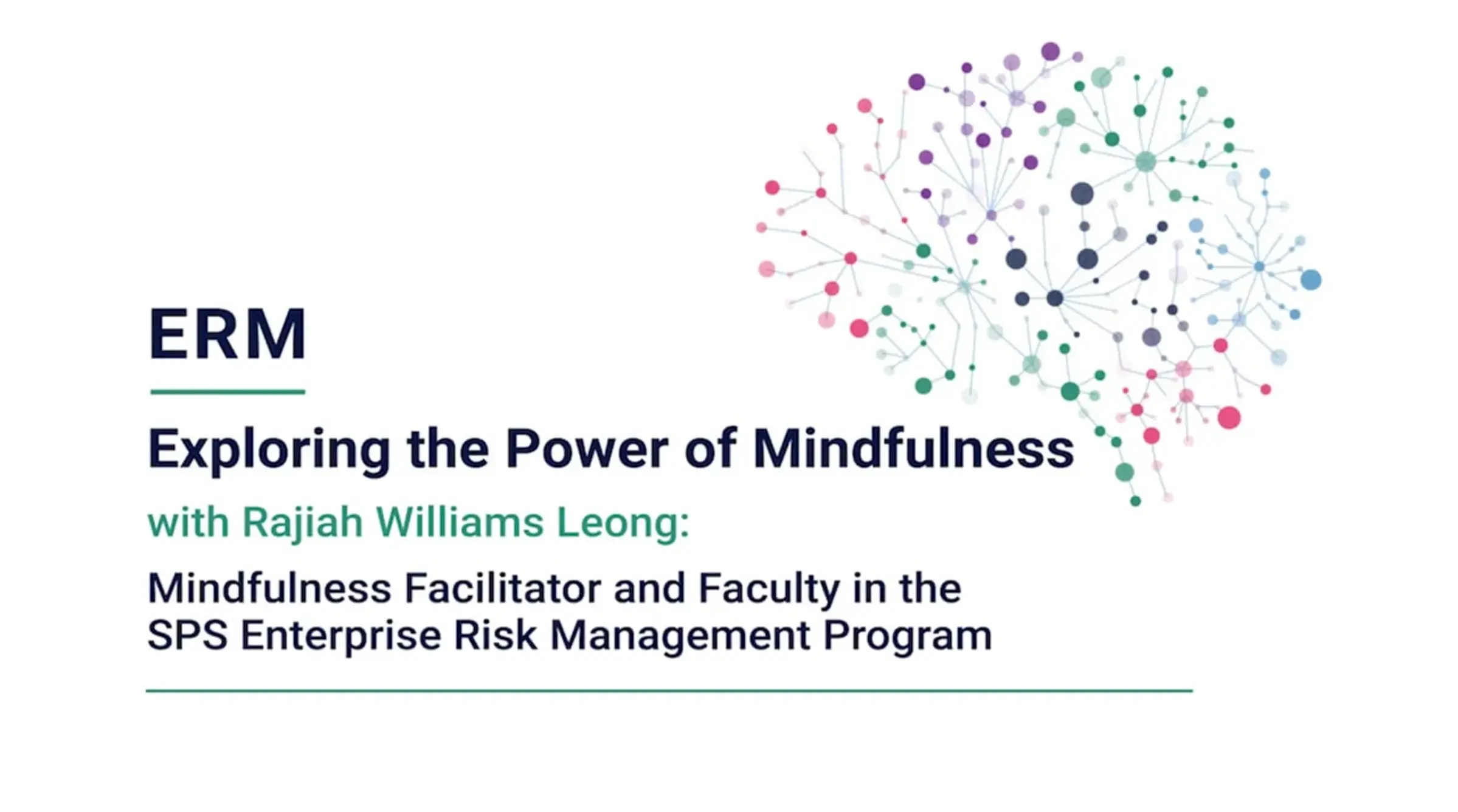Our minds are lost in thought 47 percent of the time, according to researchers at Harvard University. For students, these thoughts regularly stem from two cases: dwelling in the past or worrying about the future. The former can cause sadness and depression, and the latter can produce stress and anxiety. If ignored, the emotions can grow overwhelming.
Meditation can help pull you away from the never-ending “what could’ve been” and “what ifs.”
Researchers at the Columbia University Medical Center claim meditating can change the structure and function of the brain through relaxation, which can:
-
Reduce stress, anxiety, and depression
-
Increase focus and learning concentration
-
Improve memory and attention span
-
Build stronger immune system and greater physical/psychological resilience
-
Allow better sleep
Although all forms of meditation aim for a similar goal, certain types are more productive for different people. Some include:
1. Mindfulness
This technique specifically focuses on your breath and observes thoughts as they drift through your mind. The purpose is to simply be aware of how you are feeling, not to become absorbed.
2. Concentrative
Concentrative fixates on a particular point, whether it is a word, breath, or object. The goal is to release your thoughts and maintain or refocus your attention on that point, preventing your mind from wandering.
3. Moving
Meditation does not always involve quietly sitting still. Slow, repetitive movements, such as through yoga and tai chi, that focus on your breath can be equally effective in relaxing your mind and body.
Meditating doesn’t require reserving a large chunk of your time. Simply saving a few minutes per day has been proven to reduce distractions and increase focus.
This summer, students are invited to explore the power of mindfulness in an online program with Rajiah Williams Leong, Mindfulness Facilitator and Associate in the Enterprise Risk Management program. Learn more in the video below and sign up here.



